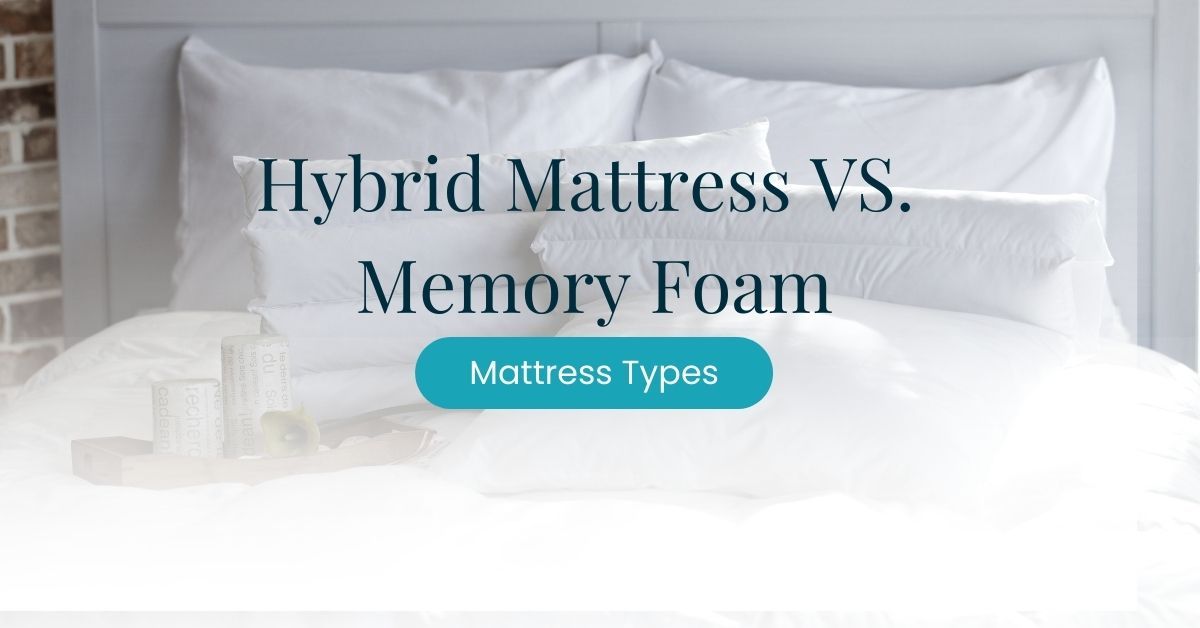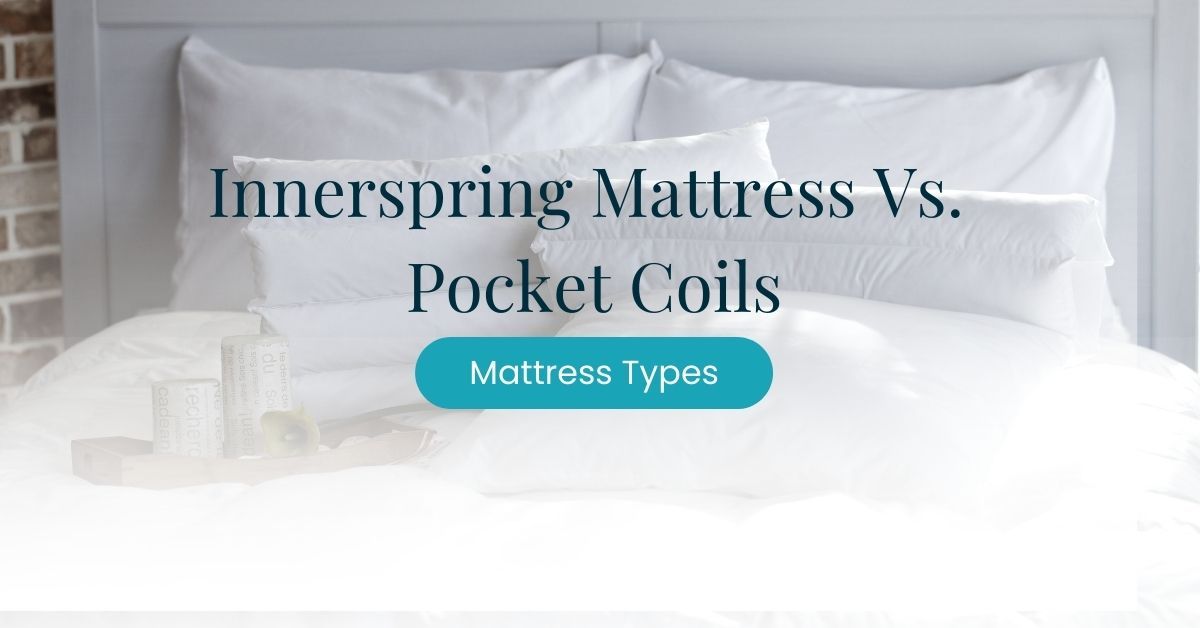If you’re planning to buy a futon, you might have wondered how much they cost and what mattress size you can get for your budget.
On average, a twin or a twin XL futon mattress can cost anywhere between £100 to £200. However, this price range can vary between manufacturers. So, with these points in mind, what’s the average cost of futons?
Read on as we cover the average cost of futon mattresses, what factors influence their price range, and additional information you’d most likely need about futons.
What is the Average Cost of a Futon Mattress?
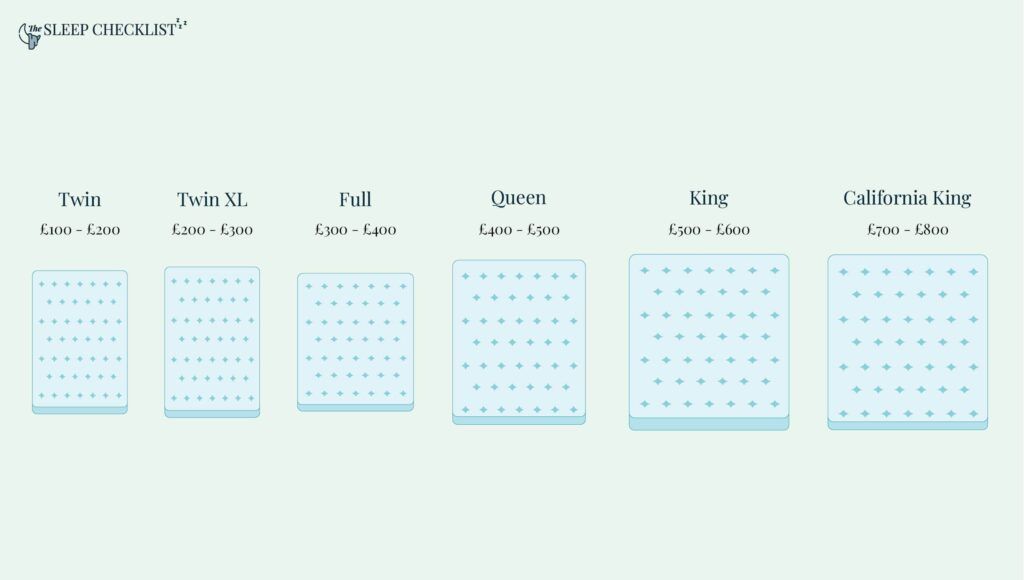
The average cost of a futon mattress, including best-rated futons, ranges from £100 to £800 and sometimes even more. But as you can tell, it actually depends on several important factors:
- Mattress size
- Material quality and type
- Mattress brand
- Type and size of frame
- Type of cover
- Number of covers
- Delivery and assembly fees
Futon Mattress Size
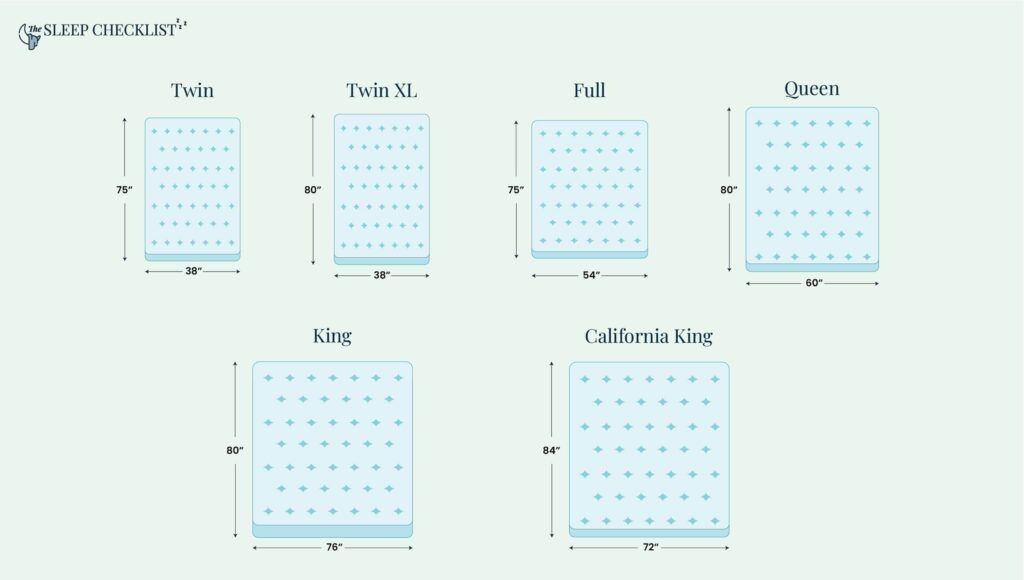
Wider, thicker, and bigger futons will cost much more than standard ones since they require more materials and craftsmanship. Oftentimes, bigger futons also feature additional features than standard ones, which makes prices go higher.
Bigger futon sizes also have higher delivery and assembly fees because of their size. Read on as we cover delivery and assembly fees further down below.
Material Quality and Type
The type of material and its quality will also determine the price, as engineered materials are significantly more expensive than cotton or wool. If you happen to don’t know what engineered materials are, they are the following:
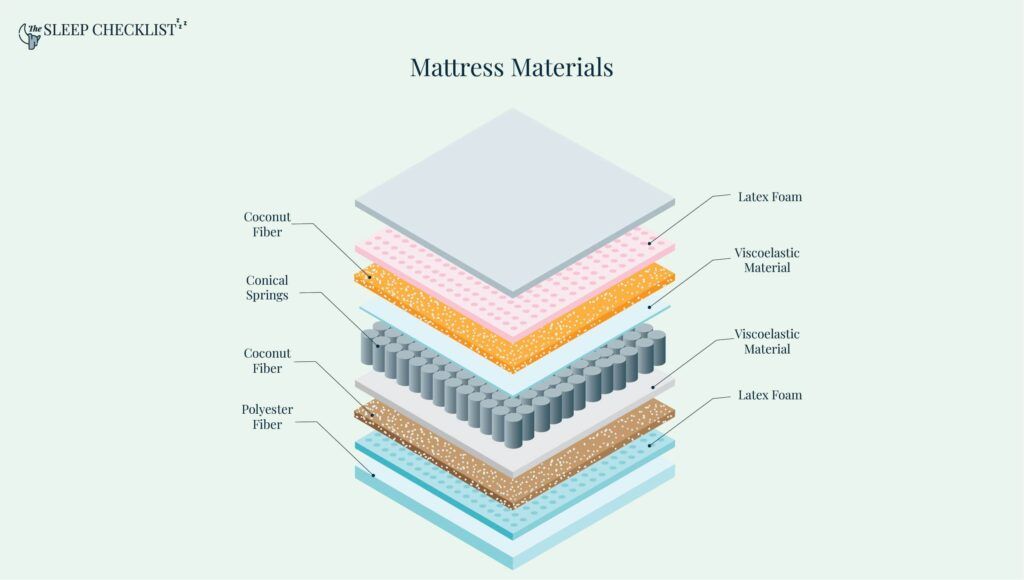
- Memory foam and gel memory foam
- Standard polyurethane foam
- Latex foam in the form of natural, synthetic, and combined (even natural latex is engineered in the production phase)
- Metal coils (Bonnell, offset, continuous, and pocket coils)
Using economics, we can simply summarise this point: the higher the quality of the materials used in a product, the higher will be its final retail price.
Mattress Brand
As for the brand, the more famous the brand is, the more expensive the mattress usually is. But have you ever wondered why that is? It all boils down to brand marketing.
Famous brands use extensive marketing tactics to ensure their product is seen and known, which, unfortunately, also means that the fees they pay for marketing are added to the final prices of their products.
In a product-based business, marketing is an investment that aims to reach potential customers. And the investment fees are actually paid for by a buying customer. This means you get to pay more for a well-known brand than an unknown one.
Type and Size of Frame
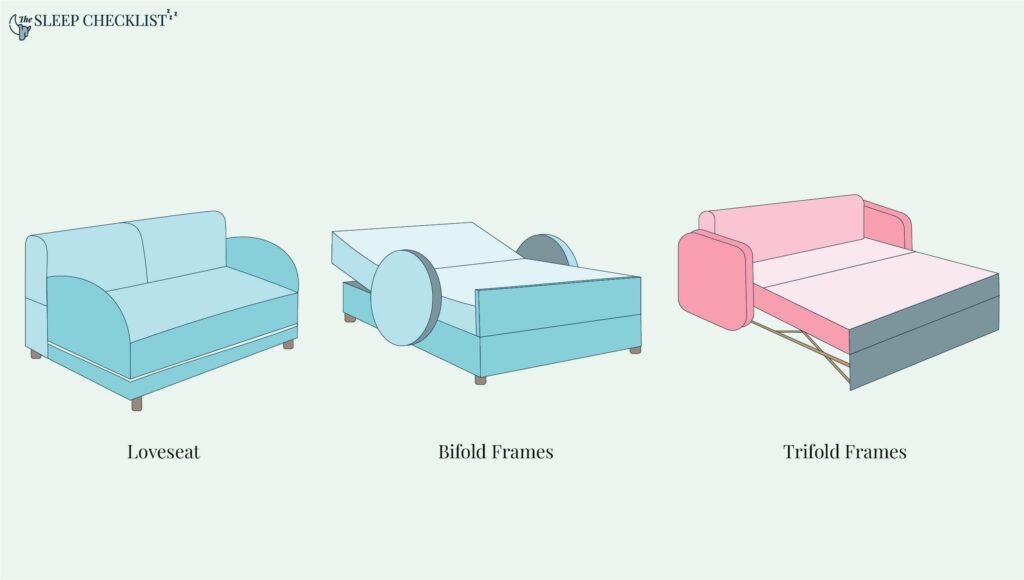
The type and size of the futon frame also determine the final price of the futon. Futons generally have three types of frames: the loveseat, bifold, and trifold.
Of these three, the bifold is the most common (which means it’s also the cheapest). The trifold is a rarity these days, and their limited number makes them more expensive than the bifold and loveseat.
The loveseat, on the other hand, is just like a couch perfect for small spaces, which makes them common too. The price of the futon is actually relative to the size of its frame, as it’s the same as mattress size: the bigger it is, the pricier it is.
Type and Number of Covers
Futon mattresses have different types of covers used, as they vary by model and by the manufacturer. Here are some of the different types of futon covers:
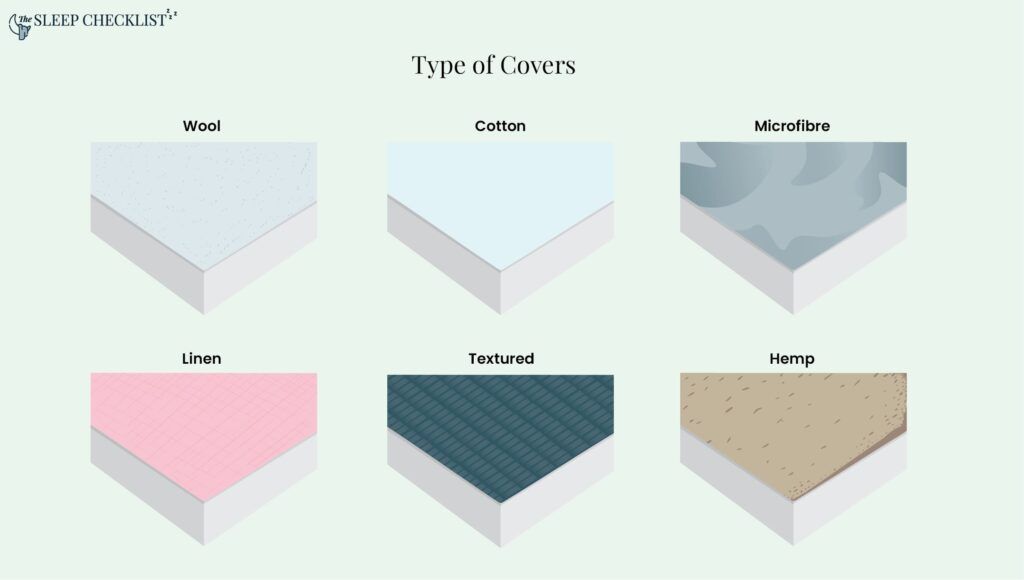
- Wool futon cover
- Cotton futon cover
- Microfibre futon cover
- Linen futon cover
- Textured futon cover
- Hemp futon cover
As with the number of covers used in a single futon mattress, the same basic rule of economics play the part: the higher the number of covers used, the more expensive the futon mattress is. Some futon covers also have waterproofing qualities which make the prices go even higher, but make cleaning your futon easier.
Delivery and Assembly Fees
Delivery and assembly fees actually vary from manufacturer to manufacturer. Some companies will have higher delivery and assembly fees, while some will have lower fees. But more often than not, these fees are influenced by some factors:
- Size of the mattress
- Weight of the mattress
- Distance from manufacturer’s warehouse to customer address
- Special delivery instructions
- Complexity of assembly (bigger futons are harder to assemble)
- Estimated duration of assembly (bigger futons take more time to assemble)
To get a delivery and assembly fee estimate, call a manufacturer for a quote.
To further understand the average costs of each futon mattress size, please refer to the table below:
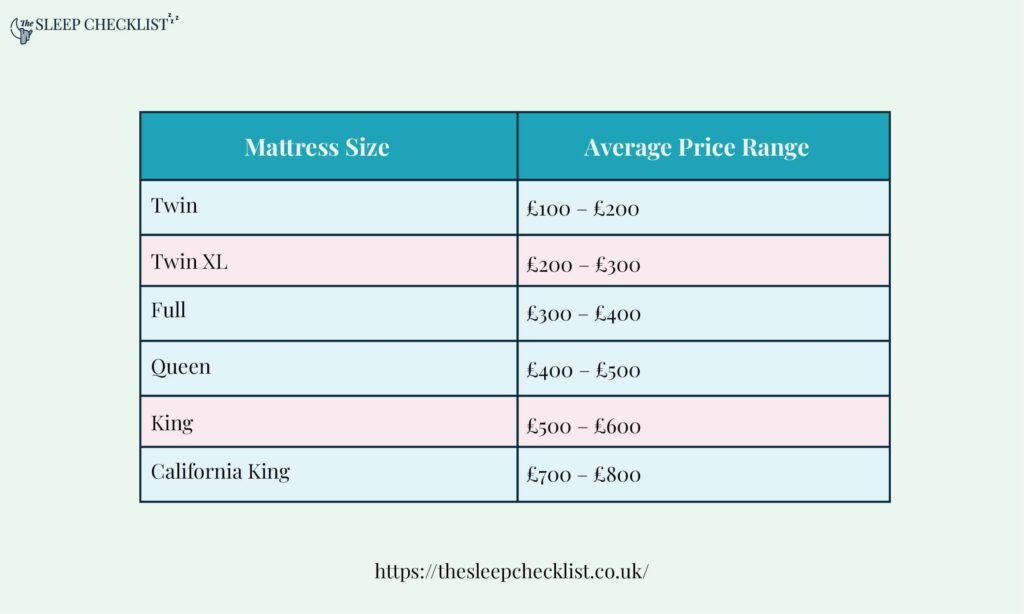
Now that you already know the average cost of a futon mattress, let’s get down on their benefits and drawbacks:
Advantages of Futon Mattresses
Futons can give you the following benefits:
- Usually cheaper than most traditional mattresses such as innerspring
- Can be converted into a couch and brought back as a mattress
- Easy to transport, especially when moving out or moving in
- Excellent space-saver; just fold it away, and you now have more space
Disadvantages of Futon Mattresses
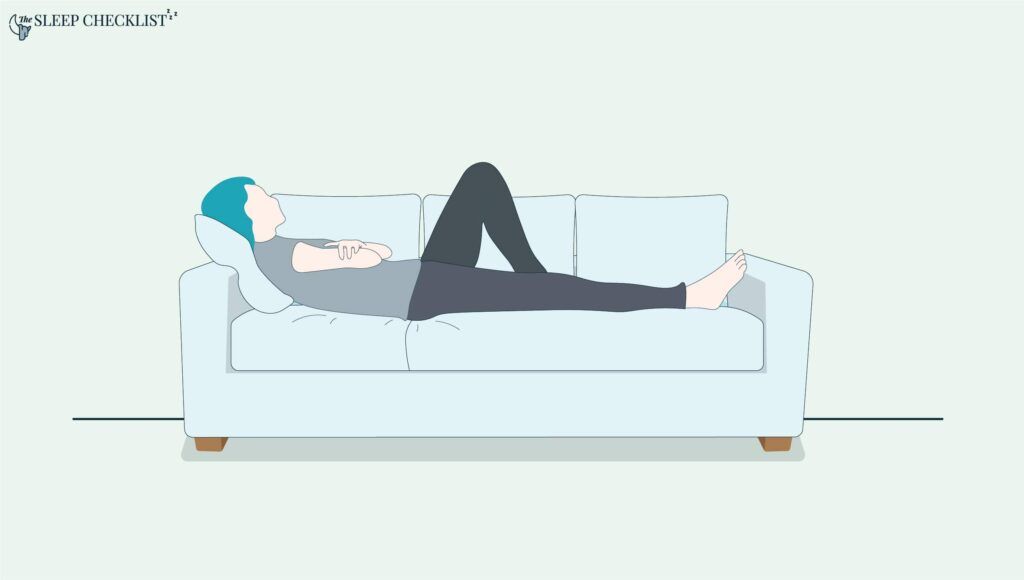
Futon mattresses are not for everybody, and here are the reasons why:
- The feel of a futon might be too thin and uncomfy for some
- Requires regular airing outside to prevent dust mites accumulation
- For people with small homes or apartments, a daily routine of rolling up and setting up might not be their cup of tea
Is A Futon Cheaper Than A Bed?
Yes, futon mattresses are generally cheaper than traditional mattresses, or a bed as you would call it. The reason for this is that futons are easier to produce as it needs minimal materials than a full-blown mattress would.
If you compare a futon to a traditional mattress, you can see that its thickness is a big factor. As we mentioned earlier, the more material is used, the higher will be the price. Futons are also cheaper to produce as the folding mechanisms are pretty common.
Are Futons Cheaper Than Couches?
Yes, they’re actually cheaper than couches. The same rule applies to couches as it was to beds: futons need less raw and engineered materials than a full-blown couch or sofa. Not to mention, couches have durable framing structures inside, which adds up to the price.
Additional styling and colour also make couches pricier than your average futon as these factors all take up the costs of craftsmanship, human ingenuity, and creativity.
How Long Does a Futon Mattress Last?
A futon mattress generally lasts anywhere between five to ten years. However, you can expect its lifespan to exceed ten years with proper care and maintenance. Other factors are involved with a futon’s lifespan, such as build quality and materials used.
For example, if you always use your futon mattress, as in the case of a 24/7 365 days a year of usage, your mattress would likely retire within a few years (we’re talking about 2 to 3 years). But if you use it moderately, you can expect it to last more than five years.
And if you use it as it should be (used only for sleeping, napping, and making love) and maintain it very well, a futon will likely last more than ten years.
If you’re interested in futon mattresses but don’t have the budget, you can make one yourself! Read this guide to learn how to make a DIY futon mattress.


